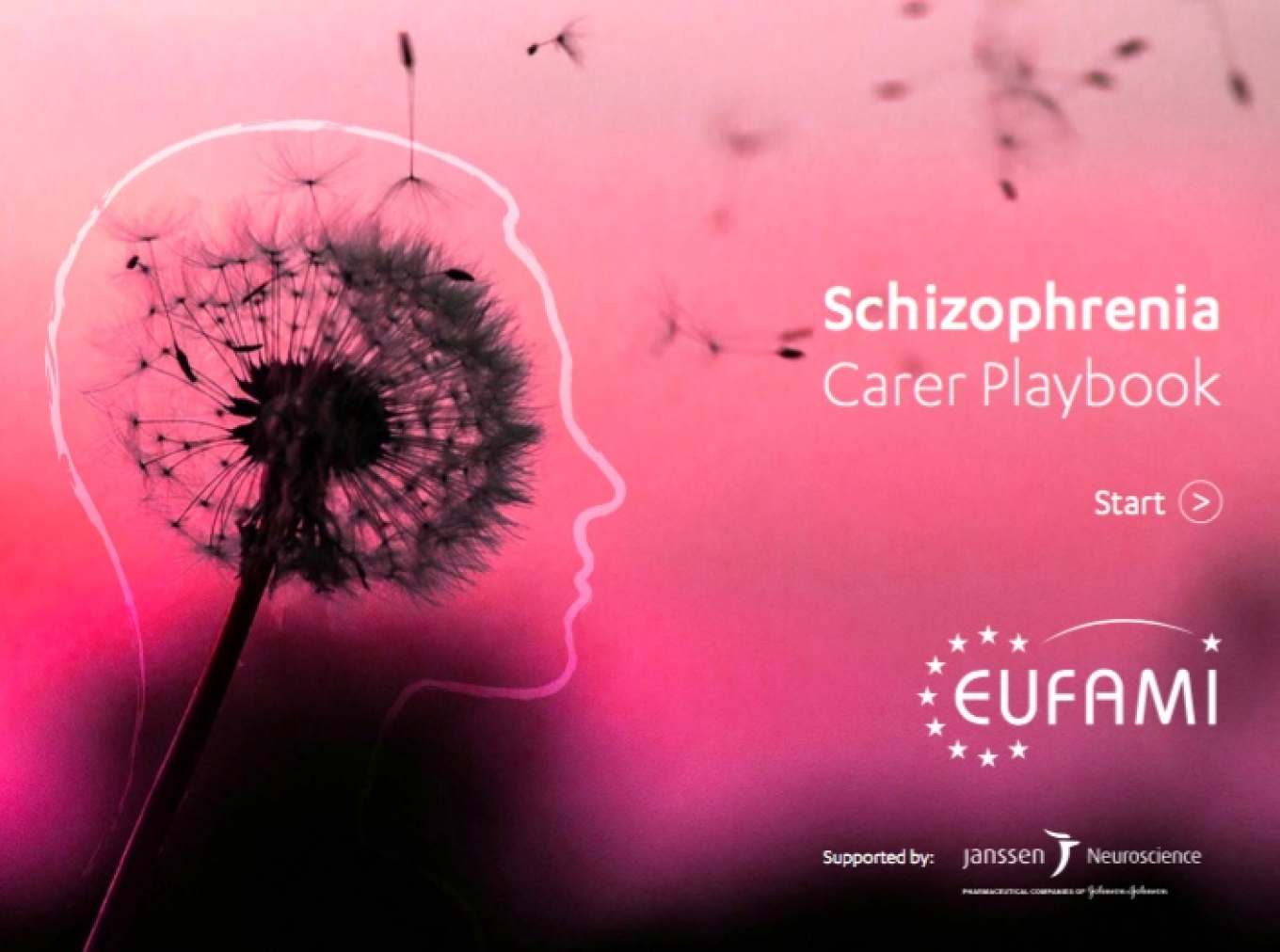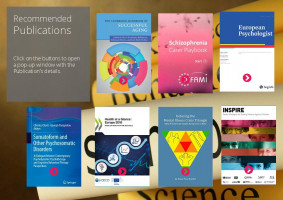The Cambridge Handbook of Successful Aging (Cambridge Handbooks in Psychology)
Edited by Rocío Fernández-Ballesteros (Member of the EFPA Standing Committee Geropsy), Athanase Benetos and Jean-Marie Robine
Recent studies show that more people than ever before are reaching old age in better health and enjoying that health for a longer time. This Handbook outlines the latest discoveries in the study of aging from bio-medicine, psychology, and socio-demography. It treats the study of aging as a multidisciplinary scientific subject, since it requires the interplay of broad disciplines, while offering high motivation, positive attitudes, and behaviors for aging well, and lifestyle changes that will help people to stay healthier across life span and in old age.
Written by leading scholars from various academic disciplines, the chapters delve into the most topical aspects of aging today - including biological mechanisms of aging, aging with health, active and productive aging, aging with satisfaction, aging with respect, and aging with dignity. Aimed at health professionals as well as general readers, this Cambridge Handbook offers a new, positive approach to later life.

EUFAMI is excited to launch the ‘Schizophrenia – Carer Playbook’, a project supported by Janssen Pharmaceutica NV to provide guidance and advice to carers of those living with schizophrenia, helping them to navigate the struggles they may face. We understand and appreciate that being a carer is often far from easy, and can feel overwhelming at times. The internet provides a lot of information, and whilst this is good, the sheer volume available can be confusing and not all of it is reliable. In response to this, we decided to develop the ‘Schizophrenia – Carer Playbook’.
The content of this interactive PDF has been informed from the experiences of patients, carers and healthcare professionals, to offer tips and tricks covering a variety of topics. The playbook itself focuses around four patient/carer stories; we follow Marie, Álvaro, Klaus and Anna, as they share their experiences of preparing for appointments, deciding on treatment options, looking after their own wellbeing and tackling the stigma which is unfortunately so prevalent around schizophrenia.
At EUFAMI, we want to empower carers, giving them the tools they need to make the positive and profound impact they have on the person they care for, day in and day out. While schizophrenia is a chronic and long-lasting illness, we know that it is possible to live a good and fulfilling life with proper treatment and management. The role of carers is critical; with nine out of ten involved in reminding the people they care for to take their medication, over half making treatment decisions, and half regularly helping with the more practical parts of life, such as transportation and providing meals.
Research tells us that the health and wellbeing of carers can be negatively impacted by their role as a carer, however it doesn’t have to be this way. Knowing your limits and setting boundaries is key to stay well, and we hope that the advice contained within the playbook will help with this.
It is our hope that through the ‘Schizophrenia – Carer Playbook’, we can support those caring for the 21 million people worldwide who face schizophrenia.

Special Issue: Human Rights and Psychology
Volume 24, no. 2 is now available online
Highlights:
Human Rights Matter to Psychology – Psychology Matters to Human Rights
Human Rights-Based Approach to Applied Psychology
Human Rights, Dementia, and Identity
Children’s Rights and Educational Psychology
A Human Rights and Ethics Crisis Facing the World’s Largest Organization of Psychologists
Accepting Responsibility, Understanding Causes, Implementing Solutions
Commentaries
Has US Support for Torture Continued to Increase?
This volume showcases contemporary views on the conceptualization and treatment of somatoform disorders and related conditions from experts coming from both psychoanalytic-psychodynamic and cognitive behavioral approaches (including 3rd wave CBT), while treating all perspectives with respect and not advocating for any single approach.
The contents include theoretical and empirically oriented chapters, treatment overviews and case study applications, making the volume a useful reading for both academics and practitioners.
A shared theme in most of the chapters, is the role of emotion and its regulation in the etiology and maintenance of these disorders, and an essential component to be addressed in treatment.
Contents include literature reviews on the most common somatoform and related conditions, including chronic pain, trauma-related symptoms, alexithymia, and health anxiety.
In addition to aiding in the conceptualization of these conditions, chapters provide models for intervention using cognitive-behavioral or psychodynamic approaches, and apply these to a number of clinical cases, which highlight the difficulties and challenges that these present.
The volume can be purchased here from Springer Publications
Health at a Glance : Europe 2018
State of Health in the EU Cycle
Published on November 22, 2018
Health at a Glance: Europe 2018 presents comparative analyses of the health status of EU citizens and the performance of the health systems of the 28 EU Member States, 5 candidate countries and 3 EFTA countries. It is the first step in the State of Health in the EU cycle of knowledge brokering.
This publication has two parts:
- Part I comprises two thematic chapters, the first focusing on the need for concerted efforts to promote better mental health, the second outlining possible strategies for reducing wasteful spending in health.
- In Part II, the most recent trends in key indicators of health status, risk factors and health spending are presented, together with a discussion of progress in improving the effectiveness, accessibility and resilience of European health systems.
Defusing the Mental Illness Crisis Triangle: Safety Procedures for Families During Crises at Home
When a person with a serious mental illness is experiencing a crisis, that situation has the potential to become dangerous. This handbook details safety procedures to follow that can help defuse the crisis and reduce the probability of a serious outcome. It is a valuable resource for anyone providing support or responding to a person in an smi crisis-that includes families, organizations that provide education and support for families, mental health crisis workers, and police.
INSPIRE: Seven strategies for Ending Violence Against Children
Seven strategies for ending violence against children identifies a select group of strategies that have shown success in reducing violence against children. They are: implementation and enforcement of laws; norms and values; safe environments; parent and caregiver support; income and economic strengthening; response and support services; and education and life skills.
Download full report here in PDF














